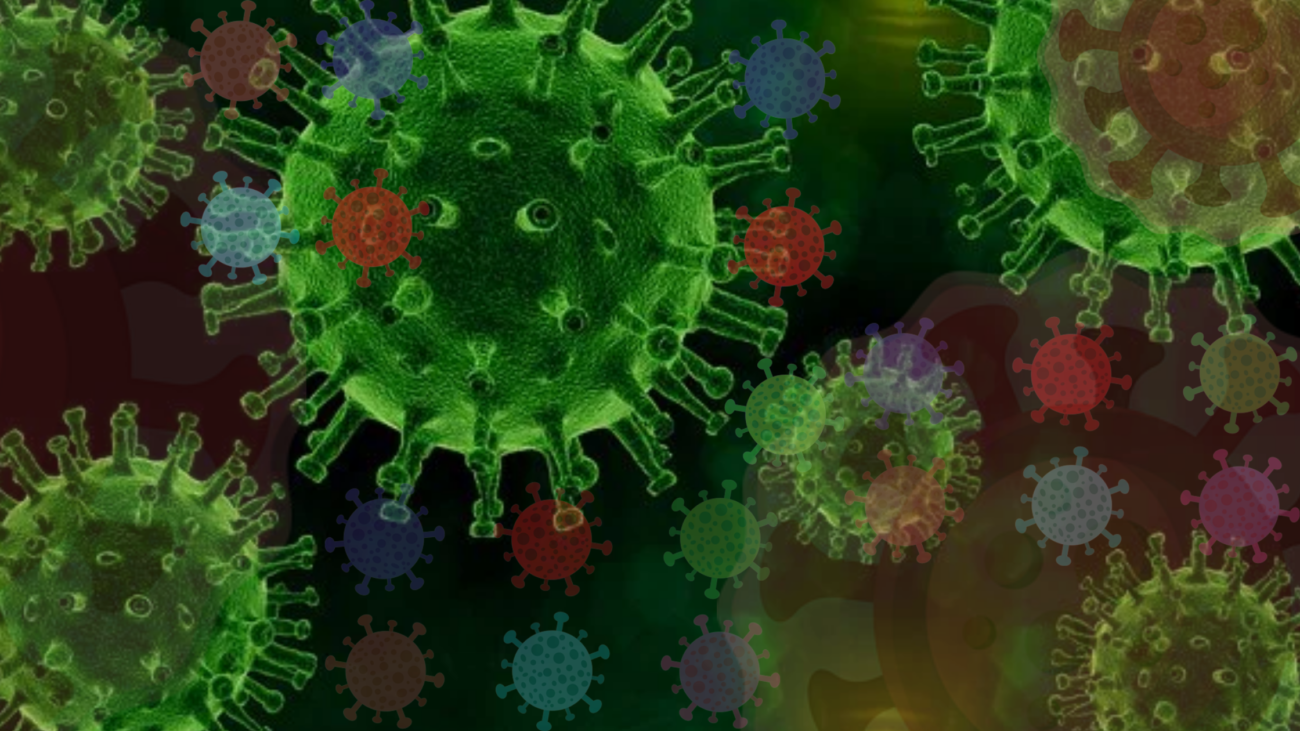Infections are a common problem in many facilities and can cause serious health problems for employees and patients. Infection prevention and control would have to be part of the daily routine to provide safe and effective care.
In the workplace, infection prevention and control are critical for the well-being of individuals who require care and support, particularly in the wake of the COVID-19 pandemic.
This blog post will discuss nine tips to help prevent and control infections in your facility. Implementing these tips can help keep your employees and patients healthy and safe!
Tip #01
Wash your hands! This is perhaps the most important tip on this list. Handwashing is crucial in preventing Infection, and all employees and patients should wash their hands regularly.
Tip #02
Encourage employees and patients to stay home if they are sick. If someone is sick, they should not be coming into the facility. Encourage employees to stay home if they are ill and make sure that suffering patients are not coming in for appointments.
Tip #03
Clean and disinfect surfaces regularly. Infections can spread quickly when surfaces are not clean. Make sure to clean and disinfect all surfaces in the facility on a regular basis.
7 Most Effective Tips for Treating Sneezing Related Chest Pain, Causes and Symptoms
Tip #04
Use personal protective equipment (PPE). PPE can help protect employees and patients from Infection. Make sure that all employees who are in contact with patients are wearing appropriate PPE, such as gloves, gowns, and masks.
Tip #05
Educate employees and patients on infection prevention. Everyone in the facility must be aware of preventing the spread of Infection. Ensure to educate employees and patients on proper handwashing, cough and sneeze etiquette, and other important Infection prevention tips.
Tip #06
Monitor employee health. Infections can spread quickly in a facility if employees are not healthy. Ensure to monitor employee health, and encourage employees to stay home if they are sick.
Tip #07
Do not reuse needles. Infections can spread quickly when needles are reused. Make sure that all needles are disposed of properly after each use and that only sterile needles are used for procedures.
Tip #08
Use proper sterilization techniques. Infections can also spread when sterilization techniques are not used properly. Make sure that all instruments and equipment are properly sterilized before each use.
Tip #09
Isolate patients with infections. If a patient has a disease, it is essential to isolate them from other patients. This will help prevent the spread of Infection to other patients.
Tip #10
In workplace settings, inadequate decontamination is frequently linked to infection outbreaks. This must be understood by all employees and their obligations to patients, coworkers, and themselves.
All employees should be aware of and also follow local decontamination policies. They should be aware that maintenance is an essential part of infection prevention and control. Regardless matter the amount of disinfection required, the process should be done completely.
Tip #11
Reporting concerns at work is one of the most important ways to help prevent and control infections. The majority of employees must benefit from best practices and be able to report anything that may pose an infection or a risk to employees.
Conclusion:
Follow these tips to help prevent and control infections in your facility. Infections can cause serious health problems, but you can help keep your employees and patients safe and healthy by taking these precautions. Implementing these tips can help you create a safe and healthy environment for everyone in your facility!
FAQs – Frequently asked questions:
Q: What is infection prevention and control?
A: Infection prevention and control (IPC) is the practice of preventing or controlling the spread of infections within a healthcare setting. IPC includes a range of strategies and interventions, such as hand hygiene, safe injection practices, and personal protective equipment (PPE).
Q: Why are infection prevention and control important?
A: Infection prevention and control are important because it helps to protect healthcare workers, patients, and visitors from becoming infected with harmful bacteria or viruses. IPC also helps to reduce the spread of infections within healthcare settings.
Q: How can I prevent the spread of Infection?
A: You can help prevent the spread of Infection by practicing good hand hygiene, using safe injection practices, and wearing PPE when necessary. You should also clean and disinfect surfaces in your home or workplace regularly.
Q: What are some common Infections?
A: Some common Infections include the flu, hepatitis B, and tuberculosis. Infections can be spread through contact with contaminated surfaces, bodily fluids, or airborne particles.
Q: How can I tell if I have an Infection?
A: Symptoms of Infections can vary depending on the type of Infection. However, common symptoms include fever, chills, body aches, and fatigue. If you think you may have an infection, it is important to see a healthcare provider for diagnosis and treatment.
Q: How are Infections treated?
A: Treatment for Infections can vary depending on the type of Infection. However, common treatments include antibiotics, antivirals, and rest. If you think you may have an infection, it is vital to see a healthcare provider for diagnosis and treatment.
Q: What can I do to protect myself from Infections?
A: You can help protect yourself from Infections by practicing good hand hygiene, using safe injection practices, and wearing PPE when necessary. You should also clean and disinfect surfaces in your home or workplace regularly.
Q: What should I do if I think I have an Infection?
A: If you think you may have an infection, it is essential to see a healthcare provider for diagnosis and treatment. Symptoms of Infections can vary depending on the type of Infection. However, common symptoms include fever, chills, body aches, and fatigue. Treatment for Infections can differ depending on the type of Infection. However, common treatments include antibiotics, antivirals, and rest. Practice good hand hygiene to protect yourself and others from Infections!
Read this: Infection prevention and control



